When reflection and action is needed to strengthen professional performance and satisfaction
Executive Coaching is focussed on change. Through the coaching relationship, clients gain clarity about presenting issues and challenges and develop insights, skills and strategies to move forward and take action.
U S E S
Executive Coaching is used to support individuals who are seeking change. It is a collaborative relationship where coach and client are engaged in a process of discovery, awareness and choice. Motivators for coaching can include:
To position yourself in line with a new strategic context (start-up, turnaround, realignment, cultural change)
To prepare and plan for a professional transition (promotion, advancement, career move)
To strengthen performance (gaps, skill development, strategic thinking, growth mindsets)
To focus and clarify current goals of a specific professional relationship with an emphasis on action and accountability
To achieve behavioral change to improve relationships, management style, leadership and interactions
F E A T U R E S
Can be self referred or recommended by an organizational sponsor/HR/Board
A range of assessment tools are used to assist employees gain more knowledge in respect to:
Emotional Intelligence
NBI Thinking Preference Styles (Licensed Distributer and Consultant)
Personality Preferences
Values
Conflict Styles
Change Readiness
Character Strengths
Resilience
Leadership/Management Feedback (360 feedback)
The tools used are easily administered and purposefully directed to the areas of improvement identified at the goal setting stage of the coaching relationship.
Coaching resources are provided to clients in a delivery mode that best suits their needs, such as:
Online coaching in real time
Worksheets that use reflective practice and action learning
Tip sheets
Access to contemporary research and literature on specific subject matter
Scripting and role playing
B E N E F I T S
Professional goals are tailored to client's needs, skill set, role requirements and organizational expectations
When used alongside or as an outcome of performance feedback, involves organizational management in setting goals, determining achievement measures and supporting opportunity for change, growth and future development
Goals and actions are meaningful and achievable because the collaborative relationship emphasizes client initiated action and accountability
All coaching interactions respect the ethical code of the International Coaching Federation (ICF) www.coachfederation.org
The coaching relationship is guided by principles that:
Adhere to high standards of ethical conduct
Focus on the client's agenda
Build commitment through involvement
Earn the right to advance at each stage of the coaching process
And in doing so establishes a collaborative relationship framed around.......
What's Up? (the context)
What Matters? (the content)
What Next? (the conduct)
Columbia Coaching Certification Program (Columbia Business School Executive Education & Teachers College Columbia University)
T E S T I M O N I A L
"Coaching really helped me make some important discoveries for myself. Over the course of the sessions I was challenged to shift my thinking and to entertain the idea that my 'fixed mindset' no longer served me. My coach helped me appreciate that unless I changed my thinking and behavior I would be passed over for any future promotions. I was highly motivated to set some time sensitive goals to improve my management style so I could be a part of the future leadership team"

